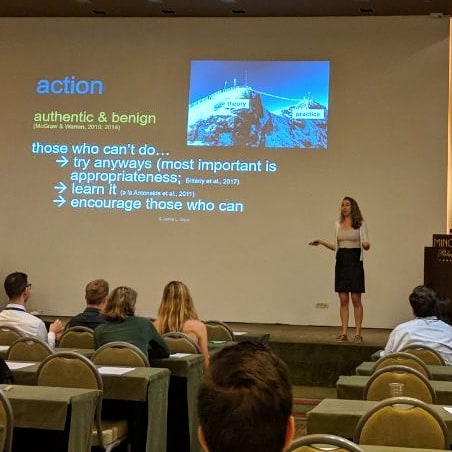I'm very excited and honored to announce that some of my ideas are getting some air thanks to Harvard and the Gender Action Portal, a curated collection of causal evidence to reduce social and economic inequality for women. I've summarized the paper below and included a link to the Harvard summary. Looking forward to your thoughts and continuing the gender equality conversation!
Fix the game, not the dame:
A team gender approach to leadership equality
Across the globe, stereotypical beliefs about good leadership are largely gendered in favor of men. That is, men are evaluated as having more leadership potential than women, and men are evaluated as better leaders than women-even when performing the same leadership behaviors. Similarly, local stereotypes typically also converge in men’s favor due to the masculinity and male majority of many managerial positions. In other words, men comprise the majority of leadership positions, a gender gap that grows with increasing hierarchy, which reinforces stereotypical beliefs about men and women’s leadership.
However, leaders are not stand-alone actors-they can also be conceptualized as extensions of the group. For example, a CEO is also an employee of the company. If this proposition is true, then beyond leaders’ own gender or their gender match with individual followers, team members’ evaluations of their leaders may depend on how representative he or she is viewed to be of the group. Given the aforementioned gender biases, the growing numbers of women in entry-level and middle management positions, and the fact that gender is one of the most quickly recognized social categories, my colleagues and I tested this idea in 70 newly created teams of 927 students with leaders (more senior students) from business and economics in Switzerland.









